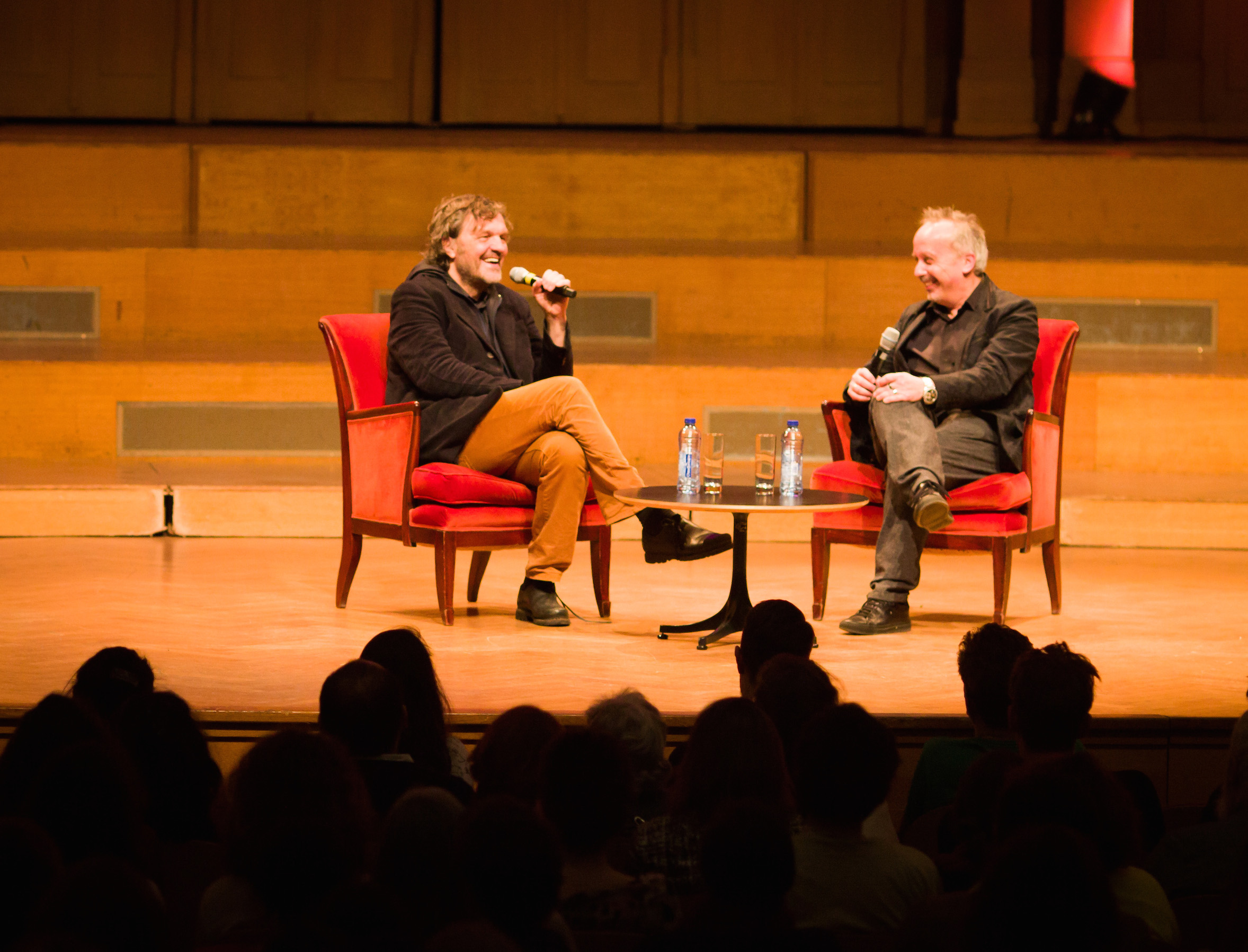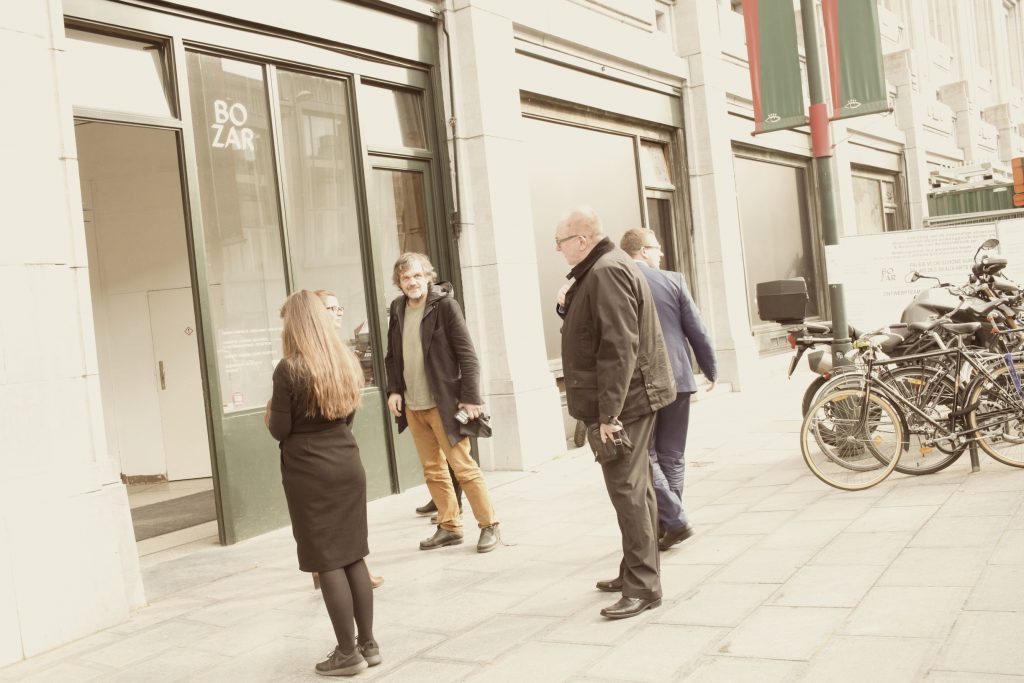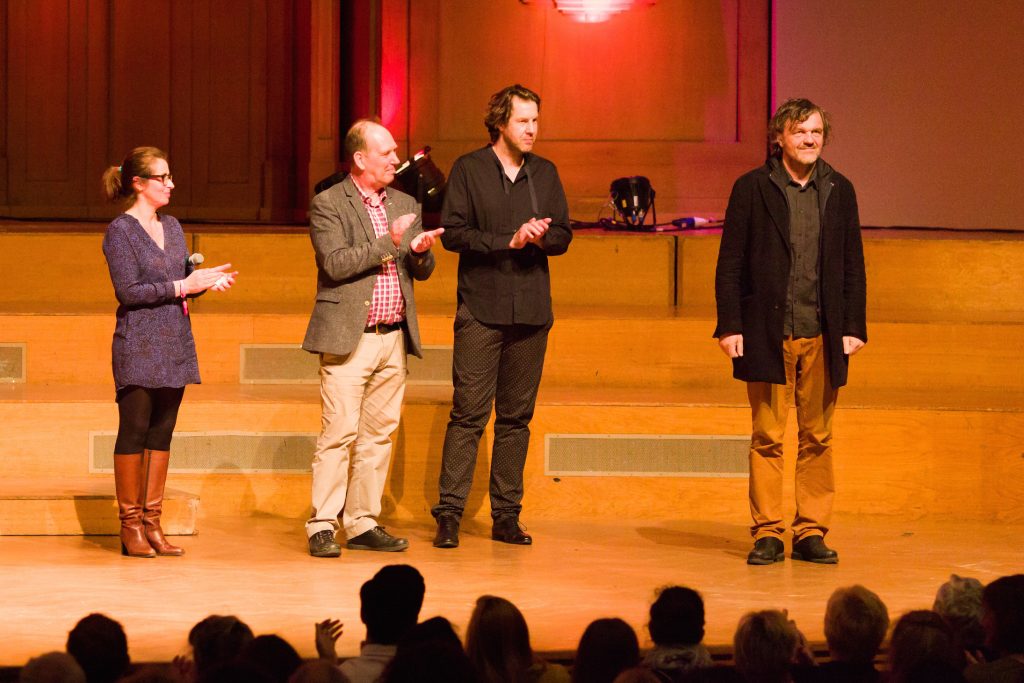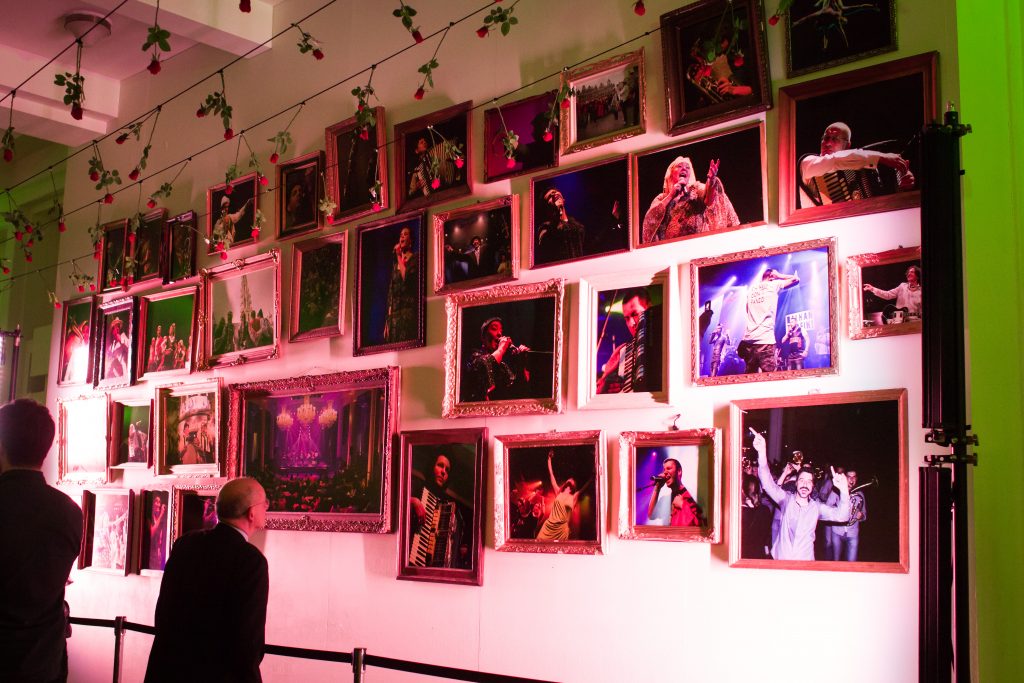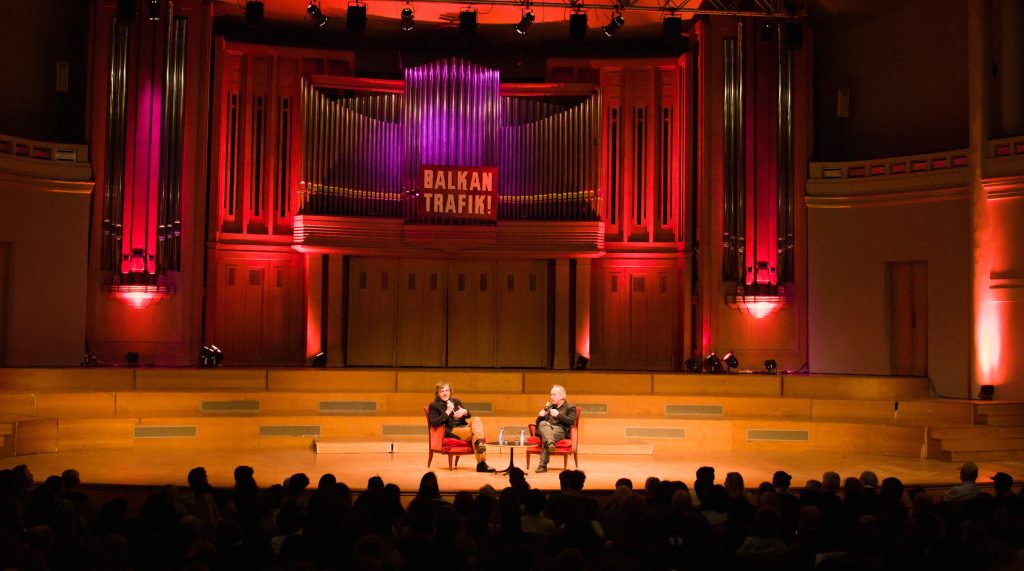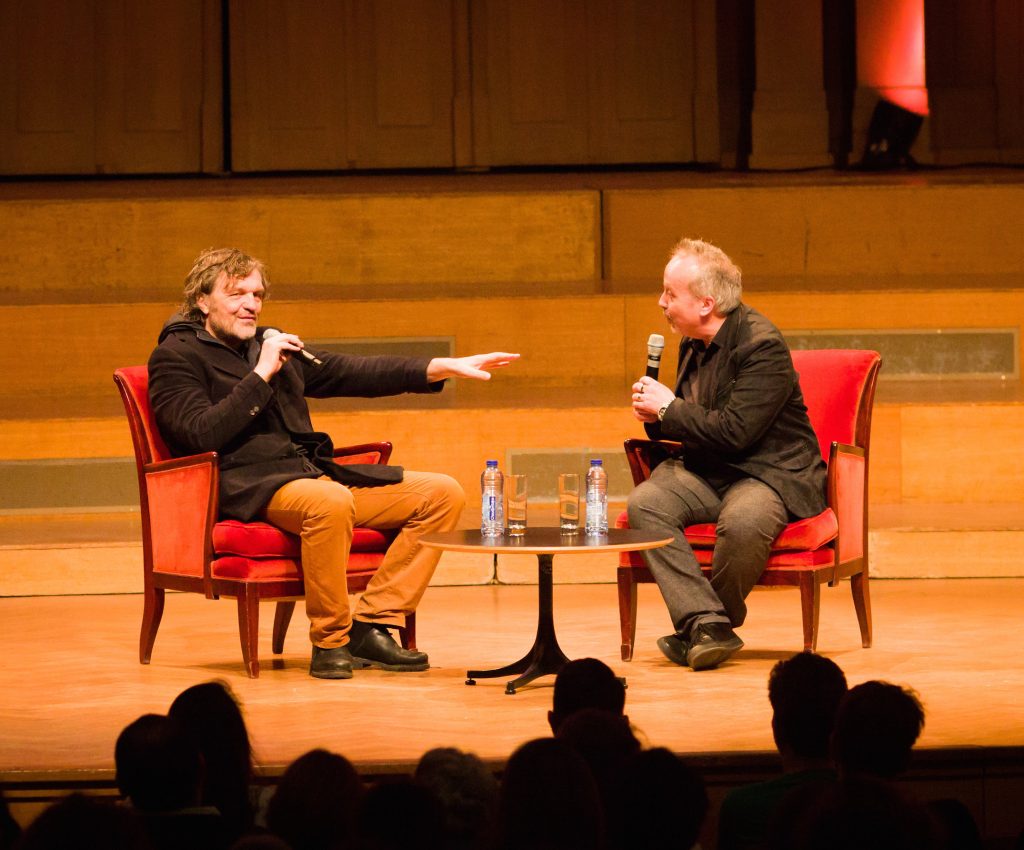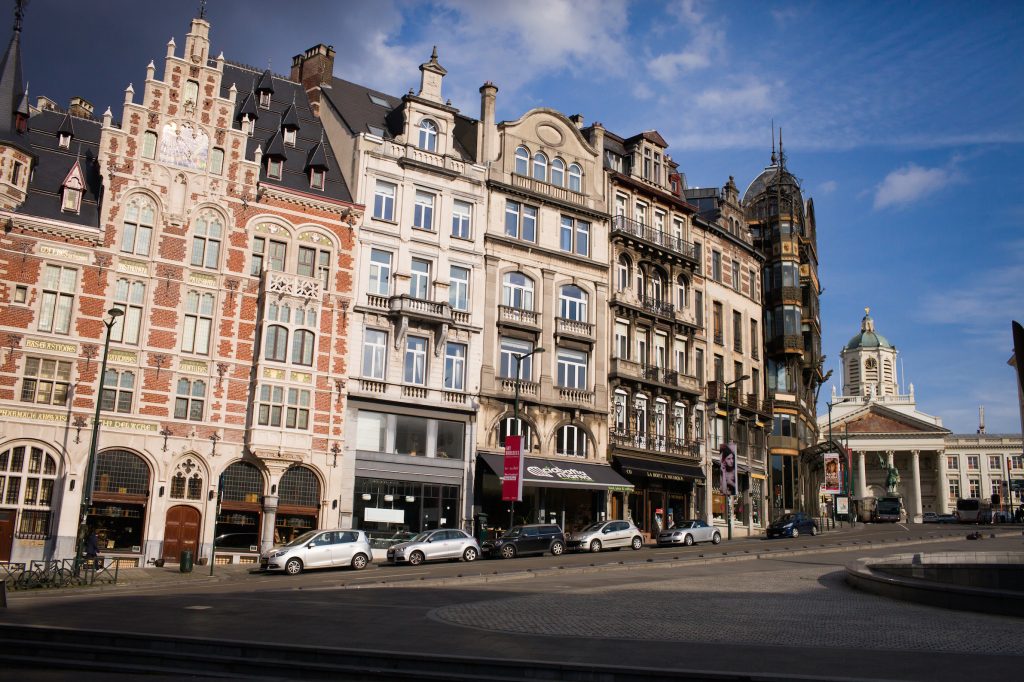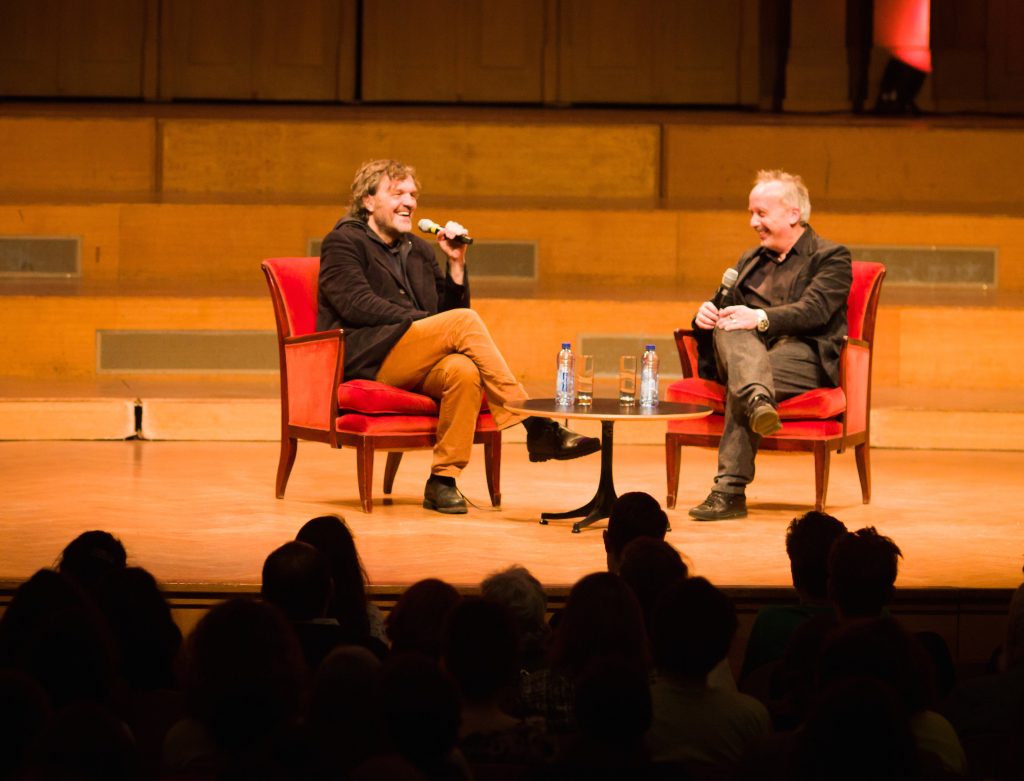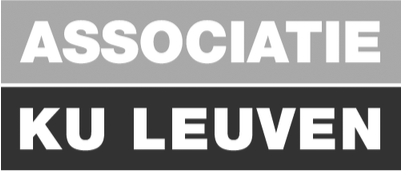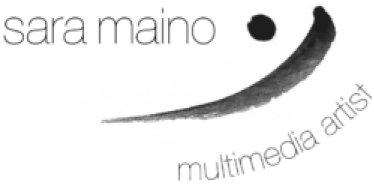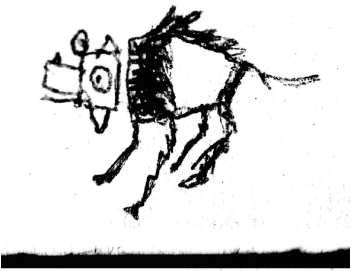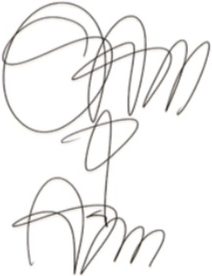Hundreds of Balkan artists arrived in Brussels for an eventful Balkan Trafik Festival weekend – opening with the Conversation with a legendary film director Emir Kustirica and the screening of his masterpiece “Underground” to celebrate multiethnic societies and their contributions to the greatest benefit of mankind. The entire 4-day happening was framed this year by cinema: guests were treated to exclusive film screenings in the presence of the directors.
A Conversation with Emir Kusturica
The contents of the conversation with Emir Kusturica was kept secret until the Opening Evening. An inspiring 1-hour dialogue with the director, whose films have crossed borders, reached out and inspired people worldwide, took the participants on a journey from the past to the present and into the future of arts, cinema, politics and society, in general. Kusturica provided dozen of credible answers to curious questions: How did he become a film director? What is his way of making movies? Why it took him sometimes years to construct one film? Why he produced only two films during the last 15 years? What is his upcoming film about? Where and when the danger of present terrorism was born? Does he use the music on a film shoot like Scorsese does? What was the first film that impressed him? What is ethnic identity and does it matter?
Film School in Czechoslovakia: Undressing Personal Biography
Emir Kusturica was born in Sarajevo, main town of current Bosnia and Herzegovina, and spend his young years in the outskirts of the town where his family lived. In order to save young Emir from bad influences, his parents decided to send him abroad at the age of 18 to learn cinema at the prestigious FAMU, the school of Prague from which Miloš Forman, Jirí Menzel or Goran Paskaljević were graduated. ‘The way I passed the entrance exams to become a student of the film school was very pathetic. I was asked by the president of the Jury ‘Do I believe if there is a need for more social realism in the art of Czechoslovakia. I said ‘Never enough!’. All this time is behind me now, but I would still say that never enough socialism in the society of today because of this outraging liberal capitalism that I didn’t even dream that I was stepping to the school and I would make my first movie which my professor showed at Karlovy Vary Film Festival saying that this is a serious movie. When he said “a serious movie”, I was very offended because I wanted to make a comedy. Anyway, it was 1977 and it was the first time that my work was considered to be a serious piece of art’.
It may not be obvious from the outside, but the site of the Centre for Fine Arts covers about one hectare. Kusturica was interviewed at the large Henry Le Boeuf Hall (2,100 seats), which is ranked among the five best concert halls in the world for its acoustics. The director was sitting in the armchair in the center of the stage, appearing relaxed and happy. He was dressed casually in mustard-coloured jeans with a woolen jacket and having his black leather boots come untied. Kusturica spoke in English. His hands were often in motion making decisive gestures to emphasize a point in his thinking. He alternated between leaning forward towards the audience , and sitting far back with his legs crossed when speaking reflectively. At 61, he is a not only a world famous film director and a musician but also a smooth talker. He is an expert at examining the intricacies of artistic process and undressing personal biography.
Cultural References in the Filmworks of Kusturica
‘Talking about my film «Guernica. What I recognize by this film is my impression of the atrocities of the World War II, plus the substance of destruction and autodestruction. As you have seen, it tells the story of a Jewish little boy facing the fear of the anti-semitism’. His father brings him in 1937 to the Exposition Universelle in Paris, where he discovers Picasso’s painting. Some years later, the nazis come and persecute the Jews. The father explains to his son : “They just want to examine us because we have a big nose.” When his family is taken away, the boy stays alone at home, he looks at the family photos and cuts all the noses off. He sticks them together an calls it “Guernica”. ‘So, my way of doing movies afterwards was very much the same like in the one we just spoke about. I always had references, cultural references’.
The Cinematic Process
Having a conversation with yourself — that’s what’s challenging about the cinematic process, according to the director. It’s a wish not for recognition but for an experience. It’s a wish for a director to locate his feelings and views, even if they are almost impossible to be expressed. ‘Each time I was making a movie, it took me one year, sometimes two, the latest movie I was shooting for 3,5 years. It means that there is a dialogue with myself, constant and consistent dialogue, while working. And each film was almost traumatic, event if it was funny, but it was traumatic because in order to create these images, to compose the images of the world that are powerful, strong, touching vital human problems, you need to operate with spiritual basis of your life. It’s very difficult. That’s why it took me so long, but that is probably why I was very welcome in the period of 80s and 90s in different European places. My decline started when I began projecting my political views which are quite different from ‘political correctness’. For this reason, I switched from cinema to music. In music you don’t need this kind of political correctness . I am playing music now for 15 years and during these 15 years I made only two films. I enjoy much more being on the stage than suffering on the other stage’.
A Bit About Life and Politics
Outside BOZAR, Brussels was living its usual afterwork evening, outdoor cafes were full and the sounds of live music were fulfilling the air around the Central Station and the Grand Place. Three weeks after the disastrous Brussels terrorist attacks. ‘People asked me why I go to Brussels – it’s dangerous, – smiles the director. – This danger was seeded in 90s when the whole world was shaking, when I was speaking with people trying to convince them that not just one side is guilty, that this is a new conception which reminded me of a pretext for the World War I. But people simply cannot listen to the experience they could have taken as a major argument on how to see a problem’. ‘Dictatorships, they can be removed, but then what happens afterwards, they don’t care. They use human tragedy fors self-promotion, not to give people side of thinking in order to go forward with a better resolution’. Judging by thick applause, the director was heard by thousands of intellectuals packing the hall.
What Makes Good Cinema
The conversation turned to what makes good cinema. ‘When I have seen “L’Atalante” by Jean Vigo, I said this is what means cinema – not talking too much, people in action, they have small but big problems and formally it is the ultimate point in expression. Cinema has to have a strong conflict. After an hour or two people still should enjoy watching the film. The conflict can be classical or not. For example, my last movie. I was in Russia and I’ve heard a story about a milking man who was during the Afghanistan war traveling with a horse every day. Once, when coming back he saw a sniper shooting a cat, the milk was spilled over and he noticed a snake drinking the milk. By the time the war was ending, he hadn’t seen the snake for a long time. One day he was taken by the snake in the middle of the road and he thought he was going to die. In fact, the snake kept him for 20 minutes, while in the neighbouring military barn every single man was killed by the opposing group. The only survivor who stayed alive was saved by the snake. When I heard this story I said that one day I am going to make a film”.
Kusturica was obviously delighted to answer the question about the music in his films and if he uses the music on the shoot like Scorsese does. ‘ Scorsese is not s musician, that’s why he does it, -laughed Kusturica. – Music is a pure form and other arts are just aiming to become pure forms. With technology soon we will be able to see how the sound becomes image ad vice versa. I am absolutely sure that a director who as a good musical ear is very much in advantage than the one without. If you remember how Kurosawa was cutting his movies – he cut at the moment in between two beats of his heart which made the tempo of his cinema much more into musicality rather than just in what you see on the screen. In my film ‘Underground’ music was composed before, it was a part of the script. In the film that I am doing now is also the same case. Shooting the movie and testing the music as a tool which characterizes the people who are directing the film’.
Frank Capra had a fundamental role in introducing Kusturica to what would be essential lessons from the film masters of the 20th century. “The first film I’ve seen was in Sarajevo in Cinematek when I was very young, bringing coal inside the cellar and instead of being paid fort his work two of us were allowed to see the American movies. The one that I have seen the first and that absolutely astonished me was ‘It’s a Wonderful Life” by Frank Capra. I didn’t understand anything. I couldn’t read subtitles. But probably the harmony of scenes and shots made me stay all night with an open mouth. If this film was endless I could stay all my life watching it’.
A Question of Identity
The conversation with Kusturica demonstrated the artist’s obvious love for his birthplace. A country of Bosnia and the Balkans, in general, which allowed him to listen carefully to the sounds and noises, offered him a powerful influence that could be expressed in his artistic performance. ‘I have a strong sense of my roots. And even after the break of Yugoslavia I was confirming this identity. Artistically, I never had a problem, I always believed that a tree grows from its roots to the sky. And if you have roots with the certain sense of earth and soil, of certain place, for this simple reason flowers from Bosnia can’t grow in Mexico. Globalization makes it all formally unimportant. I think it’s crucial because even building the bridge between each other we try to understand each other from our own position, from our own heritage. From our own culture we can understand any culture of the world. But if you are in this, as I call it, “vicious triangle” – “profit-war-capital”, then the easiest way for corporations is to erase our identity. The experience from Yugoslavia, all those democratic crusaders who were creating democracies all around he world, they destroyed multiethnic societies who found their way to live together. I strongly believe that we need to come from our roots and meet with other identities from other backgrounds, otherwise we are all going to become NOBODIES’.
A huge thanks to Nicolas Wieërs, co-producer and co-programme planner of Balkan Trafik festival, who made our meeting with Emir Kusturica possible!

